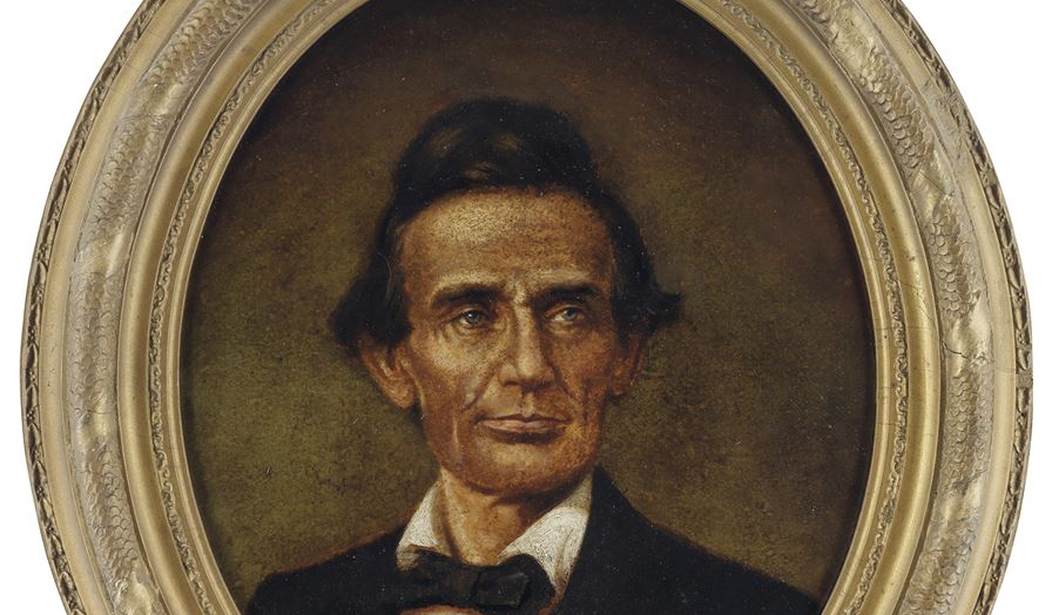Just in case you didn’t think we had enough federal holidays on the calendar, there is almost certainly another one coming your way. The Senate has unanimously approved Juneteeth (June 19th) as a federal holiday and the measure will almost certainly pass in the House as well. Since there’s no chance that Joe Biden would veto it, this is being seen as a done deal. The holiday will mark the semi-official end of slavery following the civil war. This will bring the total number of federal holidays to eleven. (Twelve if it’s a presidential inauguration year, as 2021 is.) But the spin on this addition to the calendar found in an NPR article this week demonstrates that everything has a partisan angle these days.
The Senate unanimously approved a bill Tuesday that would make Juneteenth, the date commemorating the end of chattel slavery in the United States, a legal public holiday.
The holiday is celebrated on June 19, and it began in 1865 when enslaved people in Texas learned they had been freed under the Emancipation Proclamation.
President Abraham Lincoln had signed the proclamation outlawing slavery years earlier, but it was not until 1865 that those in bondage in Texas were freed.
I have no problem with the addition of a federal holiday recognizing the end of slavery since it was obviously a historical watershed moment for our country. But the date being chosen isn’t exactly crystal clear, is it? This was traditionally a holiday observed in Texas since it was the date in 1865 when a Union general arrived in Galveston to announce the end of the war and the freeing of the slaves. In that regard, it clearly makes sense for it to have been a state holiday in the Lone Star State.
But in reality, the emancipation proclamation was signed in 1863. Unfortunately, the date when Lincoln signed the document wouldn’t work out very well as the date to celebrate the event because he signed it on New Year’s Day, which is already a federal holiday. Plus, given the slow rate of communications in the 19th century, the word took a while to get around, so not all the slaves were actually freed at the same time. Taking all that into consideration, I suppose June 19th is as good of a day as any.
If there are any other complaints about this move, they might come in the form of people asking if we really need another day when there is no mail delivery or trash pick-up and the government workers all get to stay home when the majority of people in the private sector still have to go to work. Very few private-sector employers that I’m aware of give their employees the day off with pay for MLK’s Birthday, Presidents Day, Columbus Day, or Veterans Day. I can’t imagine that many of them will be lining up to recognize Juneteenth in that fashion.
If we’re going to add a new federal holiday, I was trying to think if there might not be some way to either combine two of the others or “defederalize” one of them. Of course, neither of those options would be politically palatable. Removing any of them from the list would be bound to tick off some group or another. Even the idea of combining two of them would bring accusations of “watering down” the significance of the person or event being memorialized.
But can we at least talk seriously about putting a cap on future designations of federal holidays? How long is it going to be before the number of paid holidays really starts cutting into the GDP? This isn’t Europe, where people wind up taking nearly the entire summer off. (Unless you’re a teacher’s union, of course.) Alternately, we could run up the white flag and just come up with 41 more holidays and say that a four-day work week is now the norm. I’m sure the federal government will be able to pluck enough magical cash from the money tree in the Rose Garden to make up the difference.








Join the conversation as a VIP Member